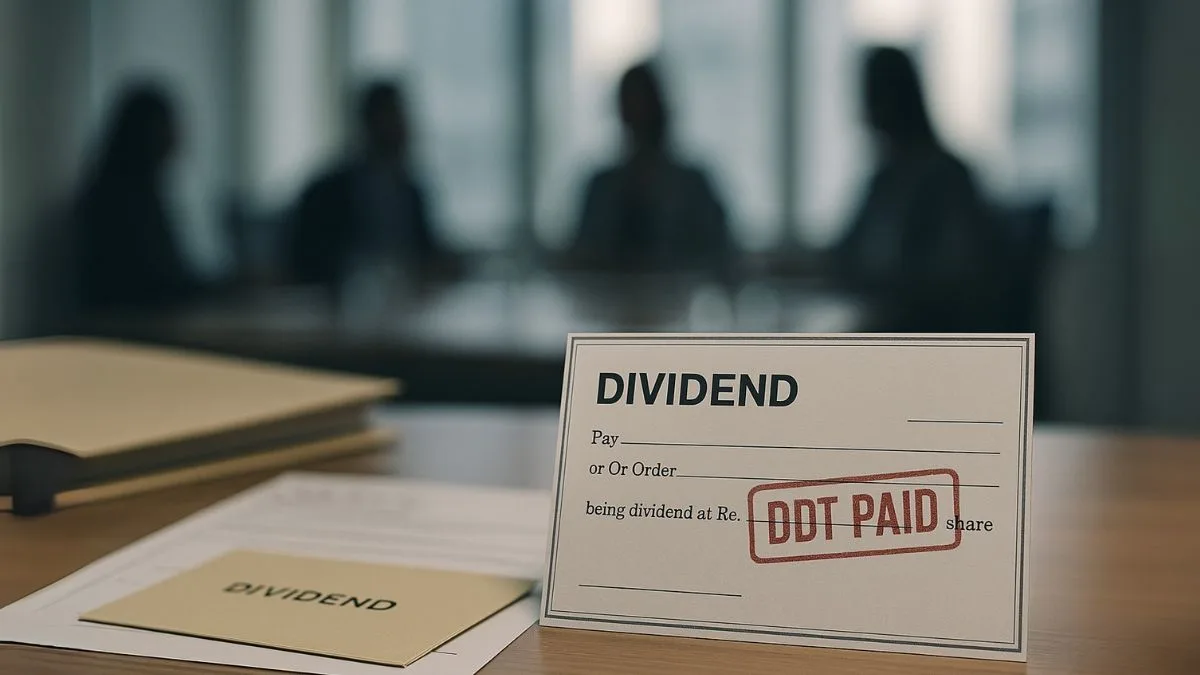
When it comes to claiming deductions on business expenses, the Income Tax Act has drawn a clear boundary, especially when you're dealing with payments to related parties. That’s where Section 40A(2)(b) of the Income Tax Act steps in. Designed to prevent tax avoidance, this provision gives the tax department the power to scrutinise—& if needed, disallow—certain expenses that don’t pass the “reasonableness” test.
What is Section 40A(2)(b)?
Section 40A(2)(b) of the Income Tax Act specifically applies to payments made to persons or entities who are related to the taxpayer, be it a company, a partner, or a family member. The idea is simple: business expenses are not allowed as deductions if they appear excessive or unreasonable in the eyes of the tax authorities.
Unlike other sections that focus on income, this provision only covers expenditure, not income. That’s a crucial distinction.
Who Are “Related Parties”?
Under this section, the definition of related parties is broad. It includes:
- Relatives of the taxpayer
- Directors of the company
- Partners of a firm
- Persons having a substantial interest in the business
- Companies in which the taxpayer or their relatives hold shares
This means if you make payments to your brother-in-law’s consultancy or your spouse’s business, the tax officer might want to have a word. "
What Power Does the Assessing Officer Hold?
Section 40A(2)(b) gives power to the Income Tax Officer to disallow any expense that appears excessive or unreasonable. But what is "unreasonable"? That’s often where debates begin.
If you’re paying ₹10 lakh annually to a relative for marketing services that could easily be availed for ₹3 lakh, the officer can raise a red flag. The officer permits disallowance of certain expenses & may restrict them to a “reasonable” amount.
In other words, this section permits an assessing officer to disallow deductions on expenses made to related persons if not justified.
Nature of Disallowance: Not Blanket, But Targeted
It's important to understand that this section applies to all types of payments made to related parties, but it doesn’t mean that every related-party transaction is disallowed. The key lies in documentation & justification. If your pricing is aligned with the market rate and well-documented, the officer has no reason to invoke this section.
So while the section restricts the deduction of certain expenses from the taxable income of a taxpayer, it doesn’t prohibit payments to related parties altogether. The burden of proof, however, lies on you—the taxpayer.
Common Scenarios Where 40A(2)(b) Is Invoked
- Overpriced consultancy payments to family-run firms.
- High-interest payments to relatives on unsecured loans.
- Excessive remuneration to directors with familial ties.
- Inflated rent or lease payments to relatives or group companies.
In all these cases, the disallowance applies only to the extent that the payment exceeds the fair market value. "
Why Is This Section Important?
This section ensures that the taxable income is not artificially reduced by inflating expenses. It ensures fairness across the board—whether you’re a large MNC or a closely-held family-run business.
More importantly, Section 40A(2)(b) acts as a watchdog against tax evasion tactics that exploit related-party transactions.
Conclusion
To sum up, Section 40A(2)(b) of the Income Tax Act is not something you should fear, but it’s something to respect. Keep your documentation strong, pricing fair, & disclosures transparent—especially when dealing with related parties. Remember, transparency today can save you scrutiny tomorrow.
Want expert guidance to ensure your related party transactions are tax-compliant? Our experts at Callmyca.com are just a click away—book your consult now & stay on the right side of tax law.











